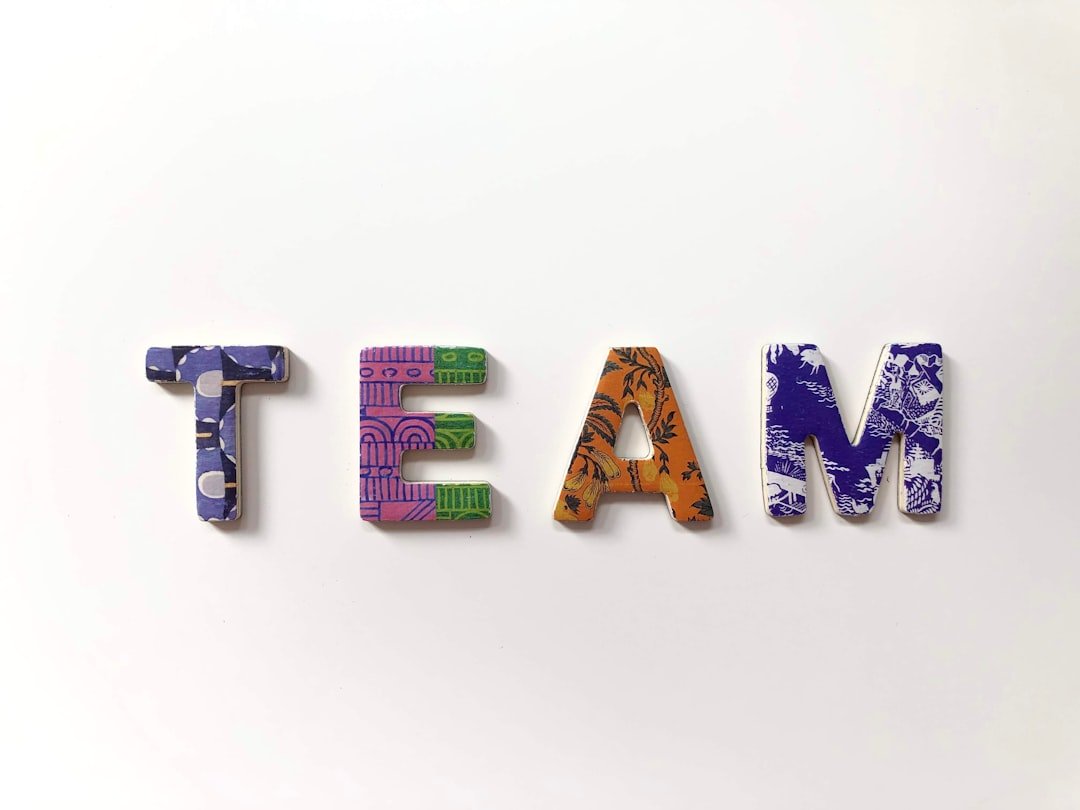
Ever felt like pushing a heavy boulder uphill, alone, even when you’re supposedly part of a team?
We’ve all been there. Teamwork, when it clicks, feels like magic. Projects flow, ideas spark, and challenges shrink. But when it doesn’t, it can feel like a constant struggle, leaving you drained and frustrated. I know that feeling well. There have been times in my own life where I felt like I was rowing in one direction while everyone else was facing another. It’s tough. But just like any habit worth building, good teamwork isn’t just about luck; it’s about intentional choices and consistent effort.
I want to share some practical ways we can all enhance teamwork, making our collective efforts not just bearable, but truly powerful. These are simple shifts in how we think and act that can make a huge difference.
1. Define Clear Roles and Responsibilities
When everyone knows their part, things move smoothly. It’s like a well-oiled machine. Unclear roles cause overlap and frustration. Take time at the start of any project to decide who does what. Write it down. This simple step prevents so many headaches later on.
2. Communicate Openly and Honestly
This might seem obvious, but it’s the bedrock of any successful team. Speak your mind respectfully. Share updates. Bring up concerns early, before they become big problems. I learned this the hard way in my own life. Holding things in, whether it was stress or a bad habit, only made things worse. Transparency builds trust.
3. Set Clear Goals Together
A team needs a shared destination. When you set goals together, everyone buys in. This isn’t just about the "what," but also the "why." Understanding the purpose behind your work motivates everyone to pull in the same direction. Make your goals specific and measurable so you know when you’ve hit them.
4. Listen Actively to Understand
It’s easy to listen just to reply. True listening means hearing what the other person says, and what they mean. Ask clarifying questions. Don't interrupt. When you truly listen, you show respect, and you often uncover better ideas or solutions. This builds stronger relationships and smarter decisions.
5. Embrace Constructive Feedback
Feedback isn't criticism; it's a gift. It helps us grow. Both giving and receiving it can be uncomfortable, but it's vital for improvement. When you give feedback, focus on the behavior, not the person. When you receive it, try to listen without getting defensive. It's all about making the team better.
6. Celebrate Small Wins
Big goals are awesome, but the path to them can be long. Just like when I was losing over 110 pounds, I learned that celebrating small wins kept me going. Hitting a weight loss milestone, no matter how small, gave me the fuel to keep pushing. It’s the same with a team. Acknowledge progress, even minor achievements. It boosts morale and reminds everyone their efforts matter.
7. Build Trust and Psychological Safety
This means creating an environment where people feel safe to speak up, take risks, and even make mistakes without fear of judgment. Trust takes time to build, but it’s essential. Be reliable. Follow through on your promises. Show vulnerability. When you trust each other, innovation thrives.
8. Respect Differences
Every team member brings a unique perspective and set of skills. Embrace these differences. Diversity in thought leads to more creative solutions and a deeper understanding of challenges. Challenge your own assumptions. Value differing opinions. We don't all need to think alike to work well together.
9. Show Empathy
Try to see things from another person’s point of view. Understand their challenges, their motivations, their feelings. Empathy helps you respond with compassion and understanding, not just reaction. It strengthens bonds and helps you support each other through tough times.
10. Take Initiative
Don't wait to be told what to do. If you see something that needs doing, and it falls within your scope or you can help someone, step up. Taking initiative shows commitment and a proactive mindset. This often inspires others to do the same, creating a more dynamic and responsive team.
11. Practice Accountability
Hold yourself and your teammates accountable. This doesn't mean pointing fingers. It means taking responsibility for your actions and commitments. When someone misses a deadline or makes a mistake, address it constructively, then work together to fix it. This creates a culture of responsibility and reliability.
12. Prioritize Team Success Over Individual Glory
True teamwork isn't about who gets the most credit. It's about achieving the best possible outcome for the whole group. Sometimes this means stepping back so someone else can shine. Other times, it means offering help even when it’s not directly your task. When the team wins, everyone wins. This spirit of selflessness makes a powerful difference.
Enhancing teamwork isn’t a one-time fix; it’s an ongoing journey. It requires patience, open hearts, and a willingness to grow together. Think about one of these points. Which one resonates most with you today? What small step can you take this week to bring more of that spirit into your team? Just one small step can start a ripple effect.





